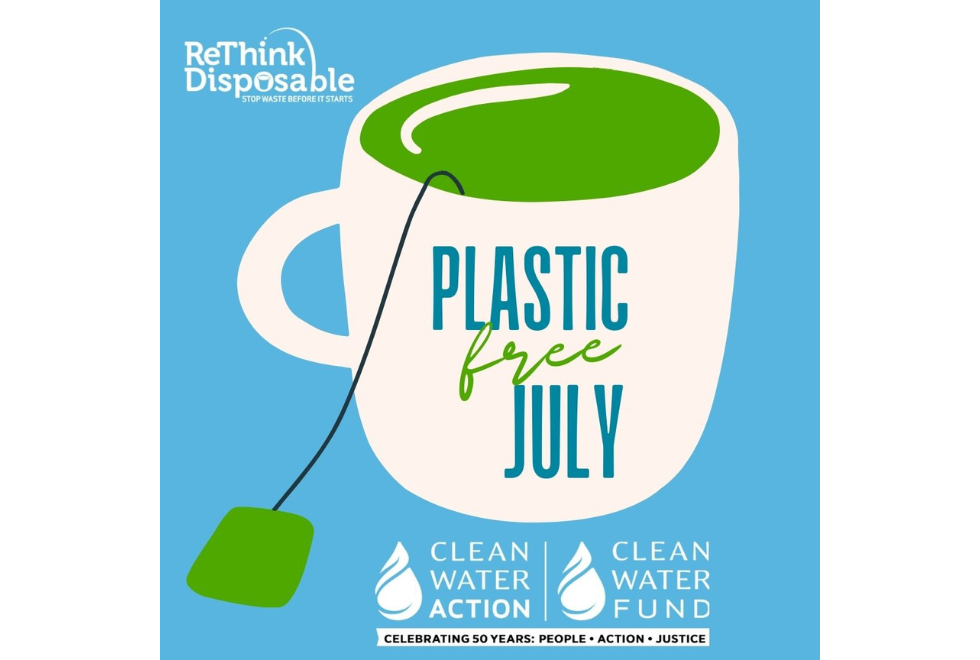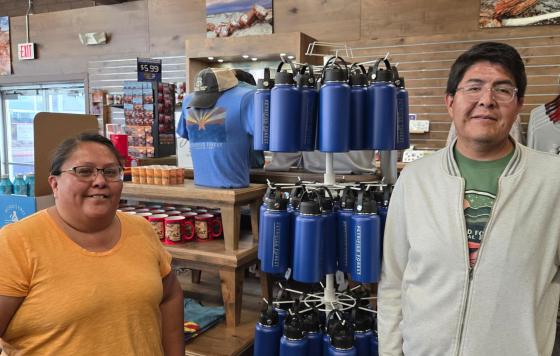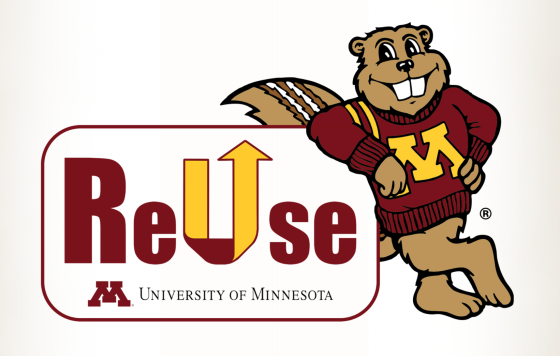
A dear friend who visits relishes a cup of tea in an actual cup and saucer rather than a disposable one that just gets tossed in the trash after it’s used. So, I’m going to take the Plastics Free July challenge with a refreshing mint tea in a cup that once belonged to my great-aunt.
In thinking back to my childhood, not drinking or eating from a non-disposable cup or plate wasn’t a challenge or conscious decision, it was just how we ate and drank.
But something happened as we wound our way through the latter part of the 20th Century and became a throw-away society. Using plastics became ubiquitous and easy. Just look around our households from the bathroom to the kitchen. From shampoo bottles to milk cartons, our life’s essentials come wrapped or stored in plastic.
The earth is covered with plastic waste, enough thrown away each year to circle the globe four times (National Geographic). By some estimates, there will be more plastic in the oceans than fish by 2050.
According to Ocean Conservancy, every year 11 million metric tons of plastic winds up killing and harming birds, marine mammals and fish through entrapment and ingestion. When sharks, turtles, birds, and mammals like whales or dolphins unknowingly eat plastic, they die of bowel obstructions, starvation, dehydration, or burst intestines. The plastic fills their bellies leaving no room for food or water.
Plastics do not decompose; they just get crushed into smaller and smaller pieces called microplastics. These microplastics wind up in the water we drink and the foods we eat. They have even been found in breast milk. They are used in some cosmetics, chewing gum, and oral hygiene products. They are everywhere and the only way to reduce their presence in the environment and our bodies is to cut down on the plastics habit.
In 2020, New Jersey enacted the strongest law in the nation – a ban on single-use plastic carryout bags and polystyrene foam food containers, allows plastic straws only on request, and phases out paper bags at large grocery stores.
In just the first year of the New Jersey bag ban law going into effect (starting May 2022), the New Jersey Food Council reportedly estimates that 8.4 billion single-use bags were prevented from entering the waste stream.
Plastics Free July comes on the heels of the one-year anniversary of New Jersey’s plastic bag/polystyrene ban, known as the “Get Past Plastic” law.
Plastics Free July is a challenge to people to forgo plastic and disposables in favor of reusables. Clean Water Action, along with collaborators and legislators, are now working on a bill to reduce plastic use even further by limiting it in packaging as well as a bottle bill that would set a refundable deposit on beverage containers to encourage recycling or reuse.
Clean Water Fund is also implementing our ReThink Disposable program at local businesses, institutions and schools to help them make the switch from single use disposable packaging in food service to reusable products in order to save money and make an incredible impact.
It's Plastics Free July, are you up to the challenge?! Take the Pledge to ReThink Disposable here!


